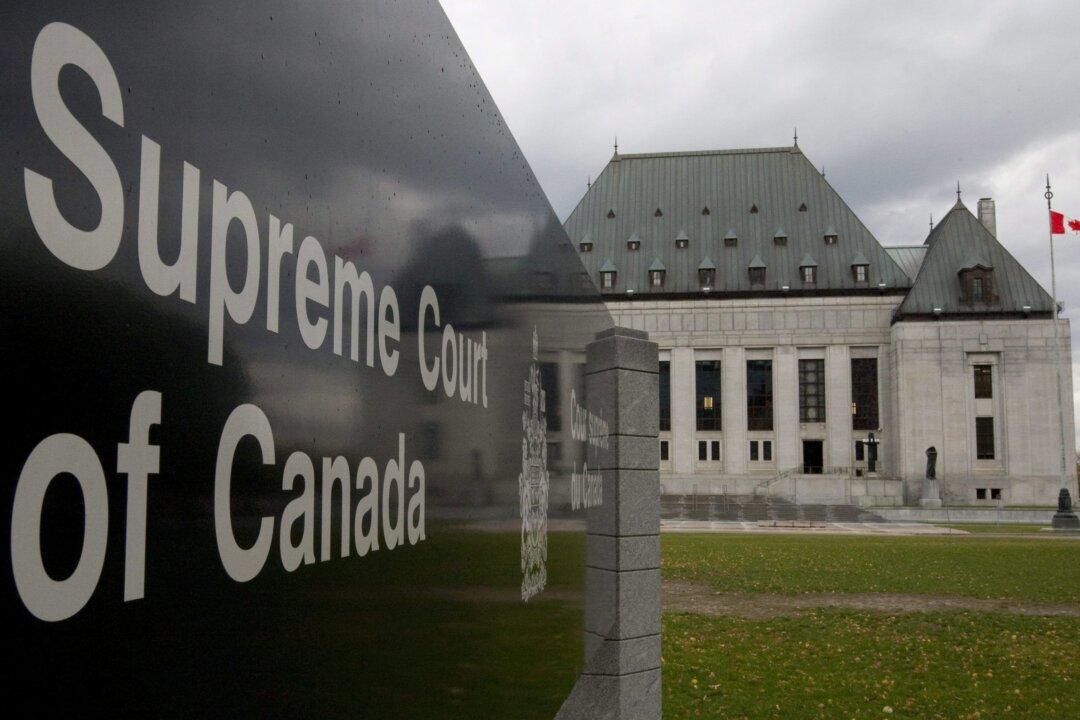A Saskatchewan father is continuing with his long-running effort to have the Supreme Court of Canada overturn the child support guidelines under the Divorce Act, saying he believes they contradict the principles of the act.
Roland Auer, a professor of pathology and laboratory medicine at the University of Saskatchewan, launched the challenge to the Federal Child Support Guidelines about a decade ago. He has children with his first spouse, a child with his second spouse, and a biological child and adopted child with his current spouse.





